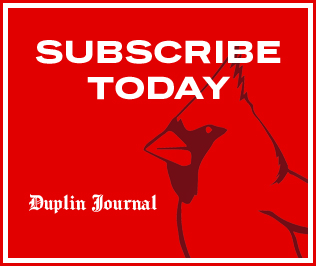When I was shopping at Food Lion last week in Wallace, the self-checkout counters were closed due to problems with the card reading machines. This caused a delay in checking out. Later that day, I saw a post on Facebook from a friend in which he gave folks a heads-up about the situation. Several people commented on the uncivil behavior they had seen in the store because of the unexpected delay, primarily the venting of anger against the cashiers who had not caused the problem and could do nothing to fix the problem.
Recently I listened to an interview in which someone cited the basic teaching of Jesus as “Do to others as you would have them do to you.” I don’t agree that is Jesus’s basic teaching, but it is certainly one of his most important teachings. Author Barbara Brown Taylor says, “The great thing about civility is that it does not require you to agree with or approve of anything. You don’t even have to love your neighbor to be civil. You just have to treat your neighbor the same way you would like your neighbor to treat your grandmother, or your child.”
Civility has been called the glue that holds community together. Samuel Johnson, the 18th century English writer, observed, “When once the forms of civility are violated, there remains little hope of return to kindness or decency.” Certainly one should hold fast to his or her principles, but not by demonizing people who hold differing views. President Obama said, “Civility also requires relearning how to disagree without being disagreeable. Surely you can question my policies without questioning my faith or, for that matter, my citizenship.”
President George W. Bush stated, “Civility is not a tactic or a sentiment. It is the determined choice of trust over cynicism, of community over chaos.” Supreme Court Justices Sandra Day O’Connor and Ruth Bader Ginsburg also both noted, “You can disagree without being disagreeable.” When we complain about the lack of civility, perhaps we should begin with how we react and treat others. Russian author Leo Tolstoy wrote, “Everyone thinks of changing the world, but no one thinks of changing himself.” And that takes us back to The Golden Rule. Few of us will bring about change on a national scale, but we can make a difference where we live. In his book, Healing the Heart of Democracy, Parker Palmer challenges us, “Let’s not forget that American democracy started with ‘We the People’ agreeing to work hard to create ‘a more perfect union.’ We’ve lost the idea that politics begins at home with what happens in families, in neighborhoods, in classrooms, in congregations. We called this democracy into being — and if we want to call this democracy back to its highest values, it’s got to be the us doing that calling. That’s not going to happen if ‘We the People’ don’t know how to talk to one another with civility and hold our differences in a creative, life-giving way.”
Philip Gladden is a retired Presbyterian Church (U.S.A.)
minister who lives in Wallace, NC. He can be reached at gladdenphilip620@gmail.com.
 Twitter
Twitter Facebook
Facebook Instagram
Instagram



